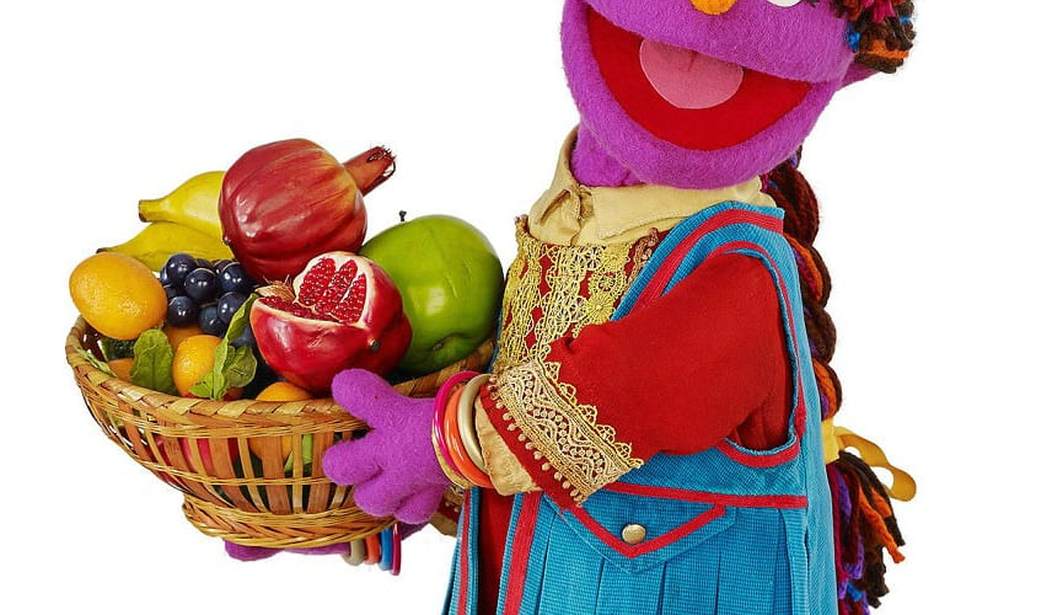One fuzzy Muppet can’t single-handedly transform a culture known for treating women in an oft-barbaric fashion. Still, it may soften a few hearts all the same.
Introducing Zari, slated to appear on the Afghan version of “Sesame Street” or “Baghch-e-Simsim.” That means “Sesame Garden” in English.
No matter the moniker, the show’s creators hope Zari does more than fuel a few funny moments. The veteran show’s scribes want her to have an impact on the country’s culture.
Sesame Workshop told the press its newest creation will empower Afghanistan’s girls and women, while focusing on key issues like their health and mental well-being. The Afghanistan version of “Sesame Street,” made in Kabul, is partially funded by the United States State Department.
That’s a lot of pressure on a felt puppet. Can it succeed?
It wouldn’t be the first time a pop culture product resonated across Afghanistan. Consider the country’s version of “American Idol,” a showcase which famously invited a young female singer onto the program. The singer shattered social mores regarding dancing, performing and more. It proved scandalous, but audiences couldn’t get enough.
That tale sparked not one but two feature films. The 2009 documentary “Afghan Star” recalled the glorious highs as well as the dangers faced by Afghan women who dared to perform on the program.
More recently, a fictionalized take on that show’s impact powered “Rock the Kasbah,” last year’s box office dud starring Bill Murray.
These pop culture snippets do more than suggest the power of entertainment. They underline what it means to influence the shows we watch, the songs we hear on the radio.
And that power is hardly restricted to one Middle Eastern country.
Is it any wonder that last week the Democracy Alliance liberal donor club, according to Politico, met to help convince Hollywood storytellers to take their side in the culture wars? Or that more and more primetime programming is stopping its stories cold to send a message? Consider how ABC’s “Quantico” attempted to rewrite the 2nd Amendment last month by saying possession of a firearm is a privilege, not a right.
Or why Lena Dunham stopped writing another “Girls” episode where she appears nude to cut campaign commercials for President Barack Obama’s re-election in 2012.
Pop culture matters. How much? That’s always open for debate, and it depends on how effective the entertainment vessel proves to be.
It’s the reason Afghan viewers will now see an empowered, six-year-old Muppet on their TV screens. And why the country can hope one little puppet makes at least a tiny dent in traditions that should be discarded into the dustbin of history.









Join the conversation as a VIP Member